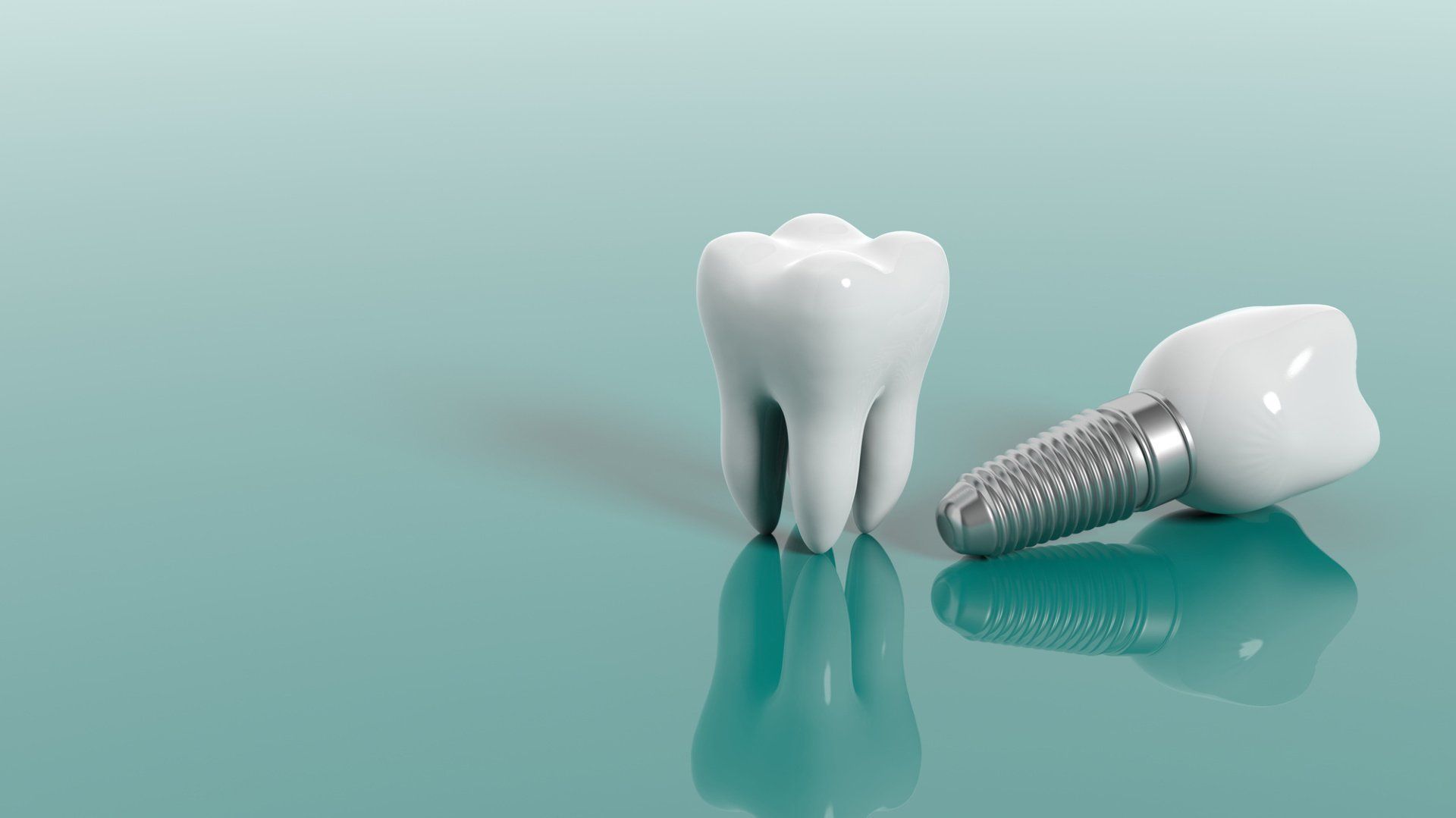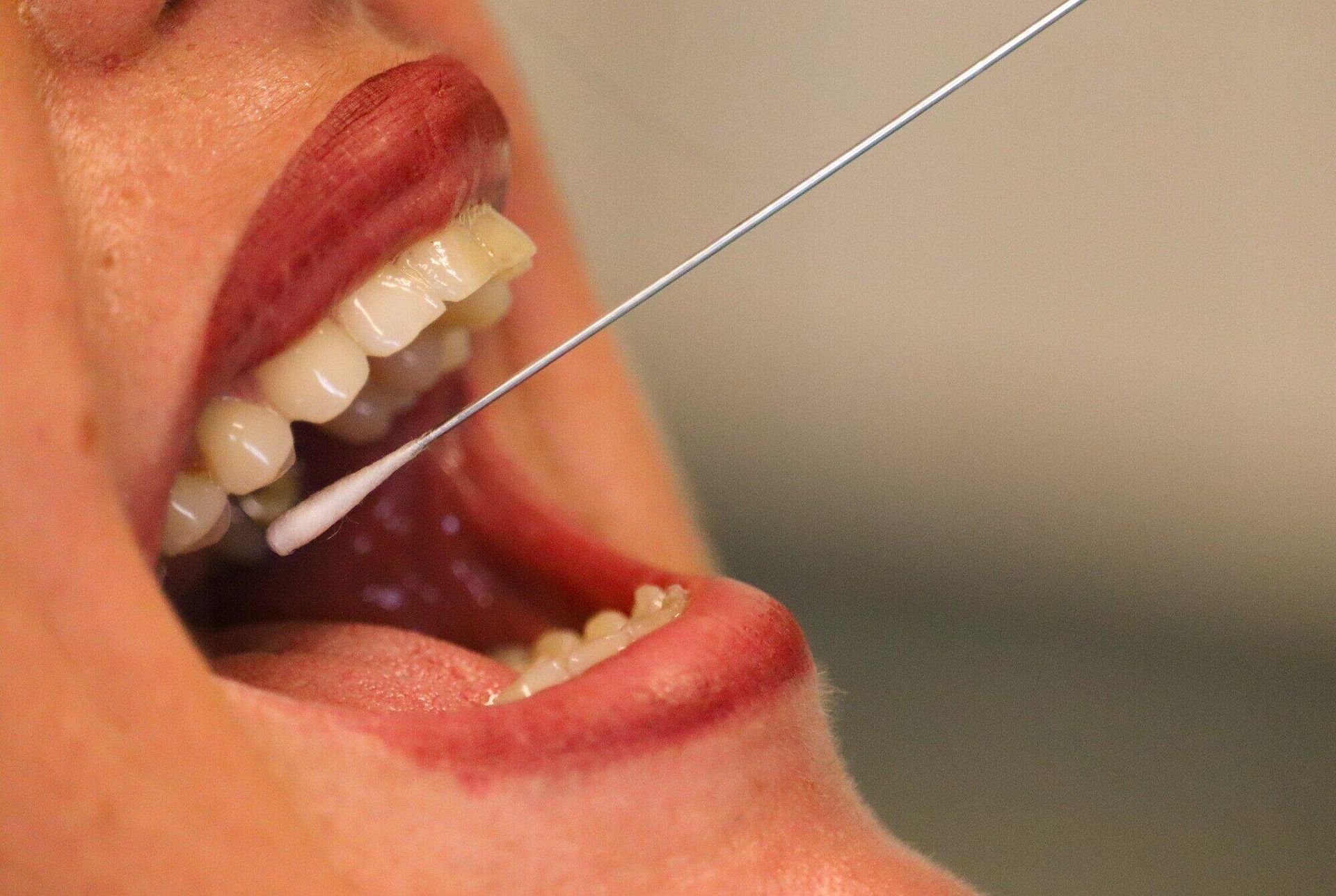A Useful Guide for Dental Implants
Dental implants provide great long-term value and advantages. If you're considering a smile makeover, use this guide to learn about dental implants.
We may think that tooth loss comes with age, but the truth is that up to 20% of middle-aged adults suffer from tooth loss. Thankfully, with advances in dental technology, remedying tooth loss is possible with dental implants.
Have you heard of dental implants but are unsure about what they are exactly? In this guide, you learn all about dental implants. What they are, how they work, and if they're the right choice for you.
Read on to learn more.
What Are Dental Implants?
When you lose a tooth, it leaves a gap in your mouth. This gap affects people psychologically and negatively impacts their self-confidence, so they don't smile as much.
Dental implants are false teeth that are inserted into the gap by a titanium screw. Because they are implanted in the jaw bone itself, they are permanent.
The dental implant consists of three parts.
The implant is a screw that is fused to your jawbone to keep the false tooth in place. This acts as the 'root' of the tooth.
The abutment is the hook on the implant that holds the false tooth in place.
The crown is the false tooth that is created to look like a real tooth.
Advantages of Dental Implants
Perhaps you're wondering why get dental implants? Dental implants are an amazing treatment for lost teeth for several reasons.
1. Dental implants will function as normally as your current teeth. Activities like eating, drinking, talking, and managing an oral-care routine will be much easier and you'll barely notice your implant.
2. Dental implants are permanent and they are built for longevity. While bridges and dentures are great options as well, they only last about 5 years or more.
3. They are comfortable. There's no removing and cleaning. Stick with your usual oral-care routine of brushing and flossing and you're good to go.
4. Because the implant fuses with the jawbone, this keeps the structure of the jaw sound and healthy.
5. When teeth are lost, the facial structures may sag, and teeth may shift. Filling the gap with a dental implant keeps your face looking normal and prevents surrounding teeth from moving.
6. Besides the cosmetic improvements, there are health benefits to dental implants as well. Establishing a dental implant in the gap maintains the health of your jaw since it's susceptible to shrinking without a tooth. Your gums may also recede putting you at risk for gum disease.
As you can see, there are many fantastic reasons to consider dental implants to improve the appearance and health of your teeth.
Who Is a Good Candidate for Dental Implants?
If you're thinking should I get dental implants? The best course of action would be to speak with your dentist.
In most cases, people with overall healthy teeth and gums are eligible for dental implants. The main area of concern would be the jawbone. The jawbone must be strong and healthy to hold an implant in place.
If your jawbone is weak, there may be other options to help you supply a lost tooth. In other cases, dentists may do a bone graft to support the implant.
While the health of your mouth is critical to getting dental implants, other parts of your body need to be normal as well. People with heart problems, diabetes, or other illnesses may not be eligible for dental implants.
How to Pay for Dental Implants
People might be wary of dental implants due to the cost. The truth is, there are several avenues you can take to make dental implants affordable.
First, contact your insurance provider. While dental implants may be classified as cosmetic dentistry, there are certain cases - in the event of injury or illness - where they might consider it restorative dentistry and therefore, cover the cost or a portion. It never hurts to ask.
Next, most dentist's offices have payment plans or some form of financial aid to help you cover the cost. Inquire about these at your consultation to determine the entire cost of the procedure.
Dental Implants Procedures
The road to getting dental implants begins with a consultation from your dentist. They will customize a plan for you and get it in motion.
It's important to remember that a dental implants procedure is not a one-stop dentist visit. It can take months from start to finish before the procedure is complete.
After your initial consultation and planning, the first step is to place the implant itself. This is considered a surgical procedure and can take up to 12 weeks for the jawbone to fuse around the implant. You may have slight pain during this time as it heals, so ask your dentist how to manage the pain.
Once your jawbone is healed, you're ready for the next stage. Here, the abutment is attached and the false tooth is fashioned. Your dentist takes impressions or molds of your surrounding teeth to ensure that the crown matches. In some cases, the crown will need to be sent to a lab to be created, so it could be a few more weeks of waiting.
When the crown is ready, the dentist will attach it to the implant and you're all set. The dentist will then explain how to care for your dental implant and when you'll need to set up another appointment for checking up.
Dental Implants: Are They Right for You?
The decision to get dental implants is a personal one, but one you will not regret. If you're wanting more information on dental implants, check out the Family Dentistry & Implant Center and get all your questions answered.
Contact us today to set up your dental implant consultation.













